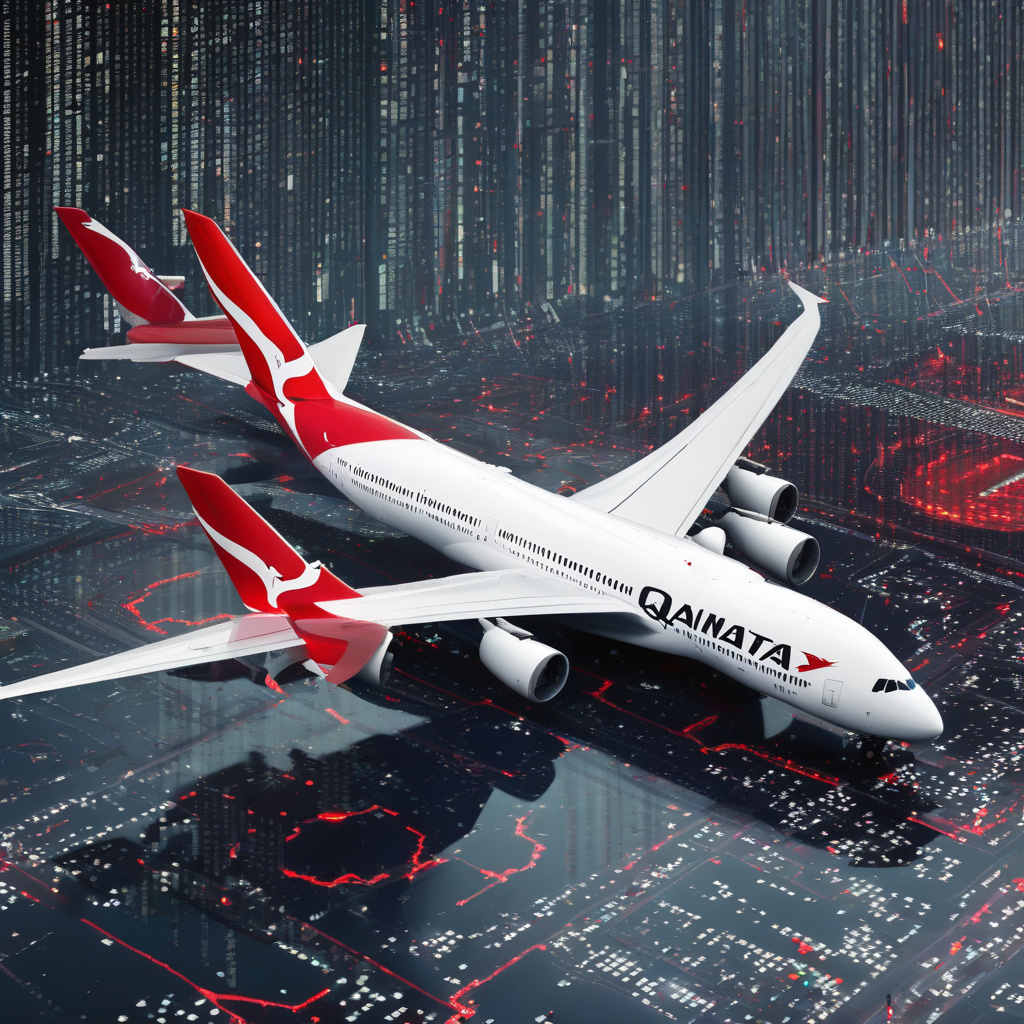Qantas Hacked: Meal Preferences Among Stolen Data as Airline Cyber Threats Escalate
The aviation industry has long been a target for cybercriminals due to the wealth of sensitive information it holds, from passenger details to flight schedules. Recently, Australian airline giant Qantas found itself at the mercy of hackers as meal preferences were among the data stolen in a significant breach. This incident sheds light on the escalating cyber threats facing airlines worldwide and the urgent need for robust cybersecurity measures in the industry.
As Qantas launches a thorough investigation into the breach, the revelation that meal preferences were part of the stolen data highlights the extent of personal information that cybercriminals can access. While seemingly innocuous, meal preferences can reveal dietary restrictions, religious beliefs, and even health conditions of passengers. In the wrong hands, this information can be exploited for malicious purposes, putting individuals at risk of identity theft, phishing scams, and other cybercrimes.
The Qantas breach serves as a stark reminder of the vulnerabilities inherent in the aviation sector, where a single cyber incident can have far-reaching consequences. From disrupting flight operations to compromising passenger safety, the impact of a cyber attack on an airline can be catastrophic. As airlines increasingly rely on digital technologies to streamline operations and enhance the passenger experience, they become more susceptible to cyber threats, making cybersecurity a top priority for the industry.
To mitigate the risk of future breaches, airlines must invest in robust cybersecurity measures that encompass both technology and human resources. This includes implementing encryption protocols to protect sensitive data, conducting regular security audits to identify vulnerabilities, and providing comprehensive training to staff on cybersecurity best practices. Additionally, airlines should collaborate with cybersecurity experts and government agencies to stay abreast of the latest threats and trends in cybercrime.
Furthermore, the Qantas breach underscores the importance of transparency and accountability in the event of a cyber incident. Promptly notifying affected individuals and regulatory authorities, as well as taking swift action to address the breach and prevent further damage, are crucial steps in building trust with customers and stakeholders. By demonstrating a commitment to cybersecurity and data protection, airlines can instill confidence in their ability to safeguard passenger information and uphold their reputation in the face of evolving cyber threats.
As the aviation industry grapples with the growing menace of cyber attacks, collaboration and information sharing among airlines, cybersecurity experts, and regulatory bodies are essential to enhancing collective defense mechanisms. By pooling resources and expertise, the industry can better anticipate and respond to cyber threats, fortifying its resilience against malicious actors seeking to exploit vulnerabilities for personal gain.
In conclusion, the Qantas breach serves as a wake-up call for the aviation industry to prioritize cybersecurity and fortify its defenses against escalating cyber threats. By recognizing the value of sensitive data such as meal preferences and taking proactive steps to secure it, airlines can protect both their passengers and their operations from the potentially devastating consequences of a cyber attack. In an era where digital transformation is reshaping the aviation landscape, cybersecurity must be at the forefront of industry priorities to ensure safe and secure air travel for all.
Qantas, Cybersecurity, Aviation, Data Breach, Passenger Safety
